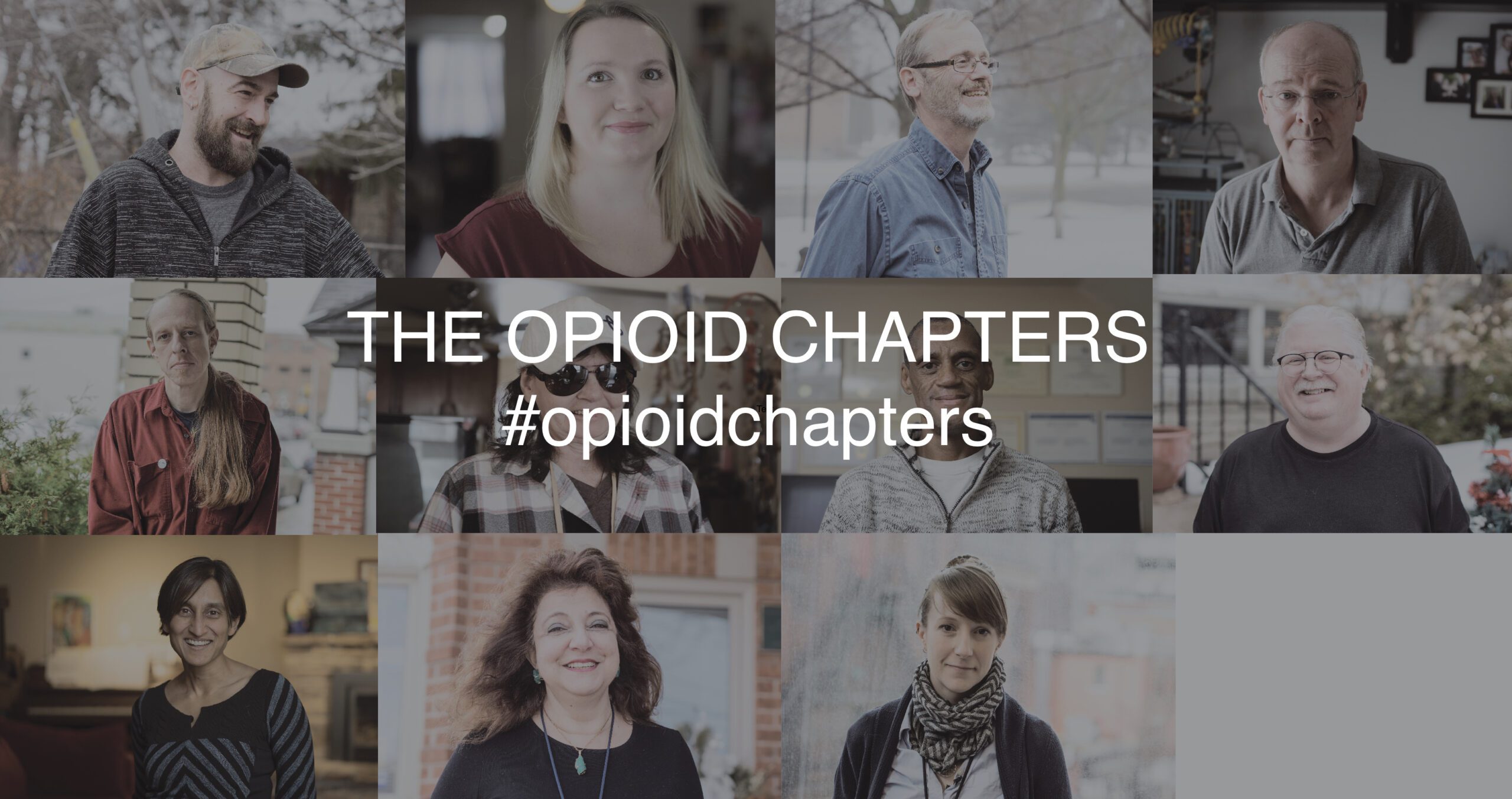Many of us have heard tragic stories about Canada’s ongoing opioid crisis, but a new multimedia project hopes to add some nuance to the story. The Opioid Chapters is an 11-part series that features first-person accounts of current and former users of the drugs, those close to them and the professionals who support them in their journeys.
The project, which is a mixture of video and text, is a collaboration between the Ontario Drug Policy Research Network and the website Healthy Debate.
You may unsubscribe from any of our newsletters at any time.
Opioid use is more common than many Canadians might think. In Ontario alone, one in nine people have or will have been prescribed one in their lifetime, according to the Ontario Drug Policy Research Network.
In 2017, at least three people died every day from an opioid overdose across the country.
But while the data, deaths and ensuing media coverage have raised public awareness about opioids, one expert believes most people don’t understand the full story.
“There are a whole spectrum of people where opioids have touched their lives both in a positive and negative way,” says Dr. Seema Marwaha, a doctor and journalist who worked on the project. “What we want is for the general public to see themselves in some of these stories, and let them realize that the people that have been affected by opioids could be any one of us.”
The small production team spent two months meeting subjects in their homes and offices across Ontario.
Each story is unique. In one of them, we meet Henry, a community services worker and former opioid user who thinks questions about drug use start at the wrong place.
People sometimes forget to ask whether a person may have childhood trauma or experiences that may have influenced their drug use, Henry says in a video interview.
“Everybody thinks it’s all about opioids—it’s not.” he says. “It’s about your lifestyle. It’s about when you were a baby. My crisis started when I was four months old.” His parents gave him drugs and alcohol as an infant.
For Dan, a former paramedic, things were quite different. He injured his back on the job and started using prescription opioids to deal with his pain. But his new practitioner has been weary of prescribing the drugs “because of this whole political thing about the opioid crisis,” he says, despite the fact that they are the only thing he says has helped him.
“I have a problem with how the government and the powers that be are looking at things. They talk about the opioid crisis,” he says. “But a lot of people are not taking opioids for the right reasons. People like me are taking them for pain control, and in my opinion, for the right reasons. It’s the addiction problem, not the opioid problem.”
People like me are taking them for pain control, and in my opinion, for the right reasons. It’s the addiction problem, not the opioid problem.
Marwaha says the Opioid Chapters team hopes “people will look at this content and hopefully either relate to it, learn something from it or ideally both.” She says stories help bridge a knowledge gap that exists among professionals and the general public alike.
“I don’t know if we got it 100-percent right, but this project is a first step in the right direction.”
You can read and watch more of these stories on The Opioid Chapters website.












